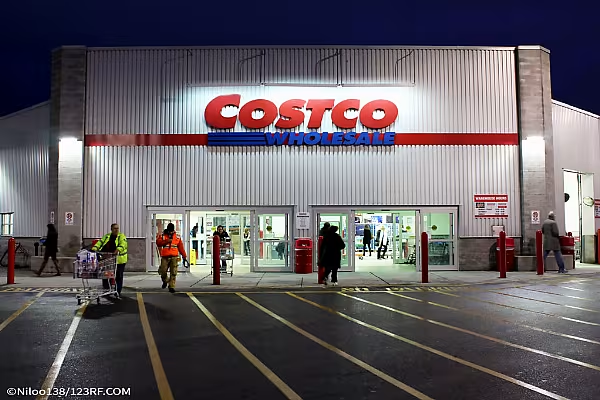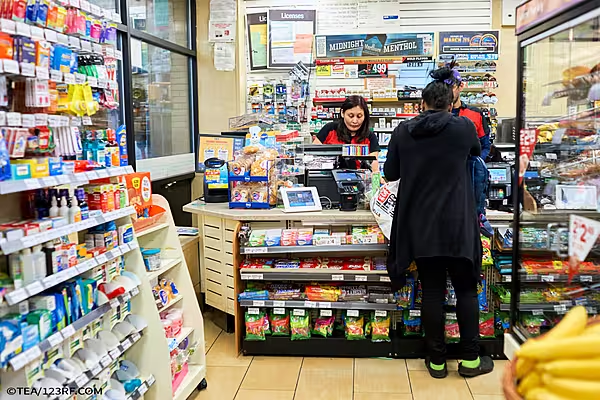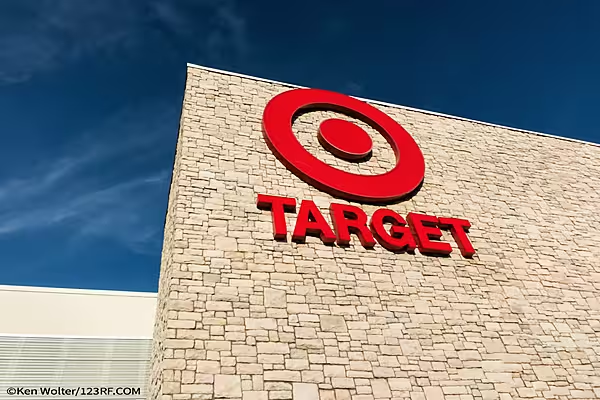Costco Wholesale topped market estimates for quarterly revenue and profit as consumers flocked to its stores for cheaper groceries and other necessities, helping offset lower demand for big-ticket discretionary items.
The membership-only retailer has driven robust sales growth owing to its ultra-low prices for essential goods and a loyal member base, helping boost its market share despite a tough economic climate.
Although demand for discretionary items like sporting goods and houseware has been under pressure, strong sales gains in consumables like fresh foods and candy have helped Costco, while its cheap gas prices attracted more members.
Increase In Membership
The US-based company saw a nearly 8% rise in total paid household members at the end of the reported quarter, while its income from membership fees jumped 13.7%, to $1.51 billion (€1.43 billion).
"Traffic continues to do very well...and our renewal rates continue to be very strong," CFO Richard Galanti said on a post-earnings call, adding that sales of Christmas trees, seasonal decor and toys had started off well.
Share Price Fall
Shares in the company dropped nearly 2% in extended trading, however, with Insider Intelligence senior analyst Zak Stambor pointing to an "incredibly worried" broader market, as investors grapple with higher interest rates.
Telsey Advisory Group analyst Joe Feldman said the stock weakness could also stem from profit-taking by investors.
"Whether you look at the bottom-line, the top-line or just store visits, Costco continues to keep chugging along," Stambor said. Costco said its quarterly traffic was up 5% in the U.S.
Total revenue at Costco rose 9.5% to $78.94 billion (€74.75 billion) in the fourth fiscal quarter, beating analysts' average estimate of about $77.90 billion (€73.76 billion), according to LSEG IBES data.
Better product sourcing and tighter inventory control also drove its gross margin 42 basis points higher, to 10.6% in the quarter ended September 3.











